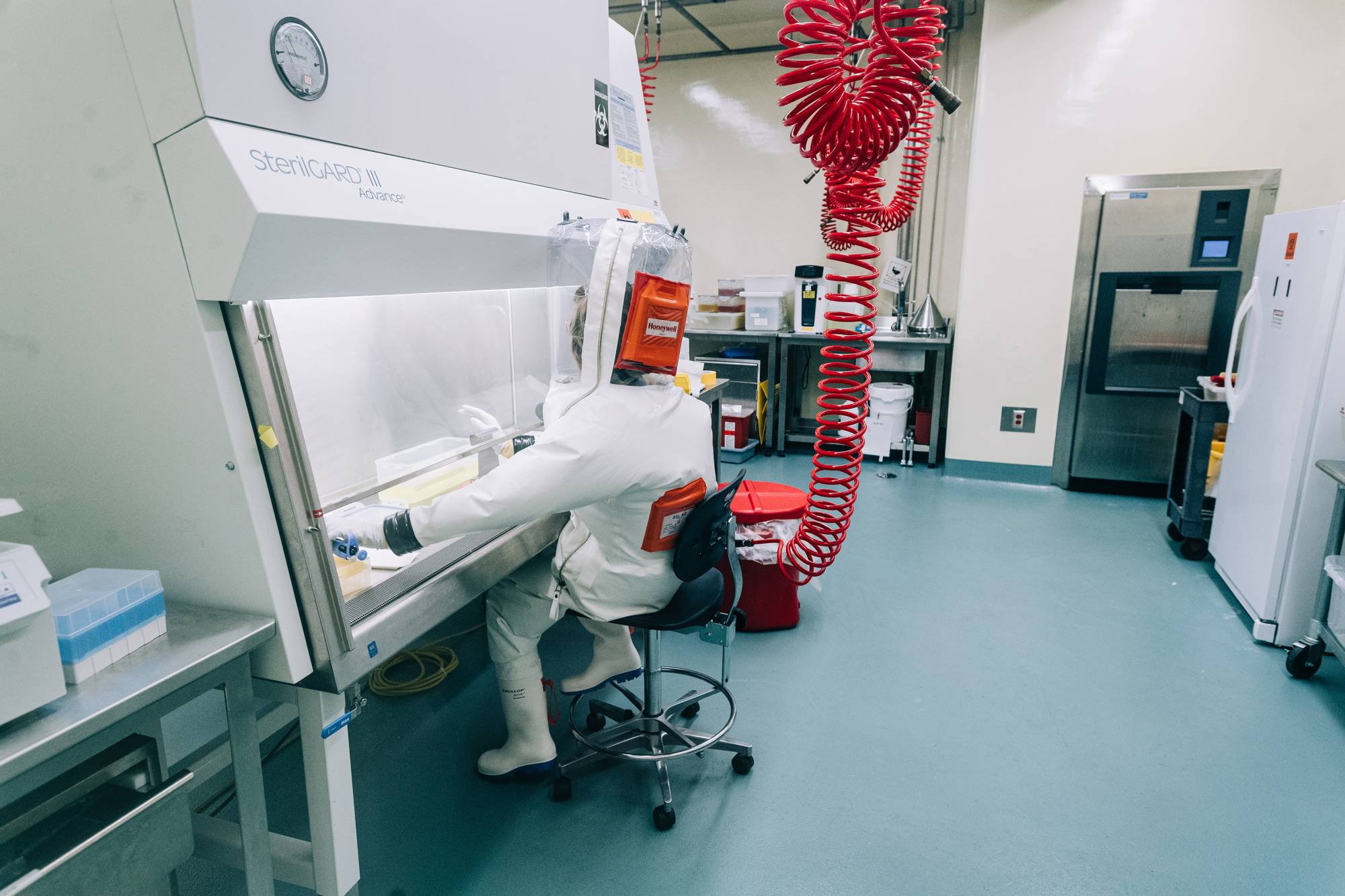Scientists at Boston University came under fire this week for an experiment in which they tinkered with the COVID-19 virus. Breathless headlines claimed they had created a deadly new strain, and the National Institutes of Health rebuked the university for not seeking the government’s permission.
As it turned out, the experiments, performed on mice, were not what the inflammatory media coverage suggested. The manipulated virus strain was actually less lethal than the original.
But the uproar highlighted shortcomings in how the U.S. government regulates research on pathogens that pose a risk, however small, of setting off a pandemic. It revealed loopholes that allow experiments to go unnoticed, a lack of transparency about how the risk of experiments is judged and a seemingly haphazard pattern in the federal government’s oversight policy, known as the P3CO framework.


















With your current subscription plan you can comment on stories. However, before writing your first comment, please create a display name in the Profile section of your subscriber account page.